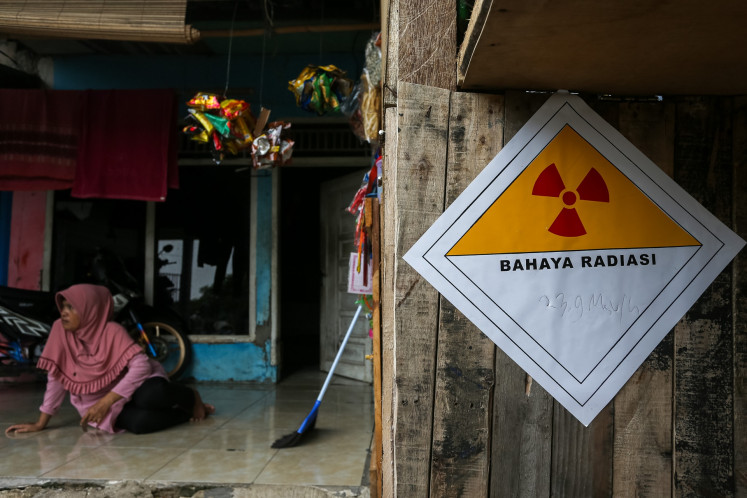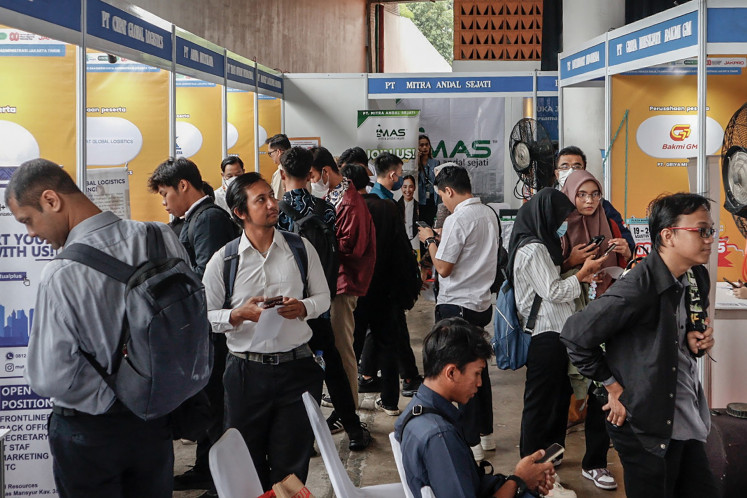Popular Reads
Top Results
Can't find what you're looking for?
View all search resultsPopular Reads
Top Results
Can't find what you're looking for?
View all search resultsBeyond the Bali bombing: A journey from terror to dialogue
Stigma continues to follow former JI members, many of whom struggle to regain acceptance in their communities.
Change text size
Gift Premium Articles
to Anyone
T
wenty-three years have passed since the deadly explosions that ripped through Bali’s Legian district on Oct. 12, 2002, killing more than 200 people and wounding hundreds more. The Bali bombings became a defining moment in Indonesia’s security history and marked the rise of Jamaah Islamiyah (JI), the group then viewed as Southeast Asia’s most dangerous terrorist network.
Yet two decades later, the story has taken an unexpected turn. On June 30, 2024, JI officially announced its self-dissolution. The decision was not made under pressure or military threat, but through years of introspection and dialogue among JI figures, law enforcement and civil society actors who have long worked at deradicalization.
From violence to reconciliation, JI’s transformation offers profound lessons on how nations can balance justice, empathy and the pursuit of peace.
In the years following the 2002 Bali bombings and the 2009 Ritz-Carlton attack, Indonesia’s counterterrorism efforts intensified. Hundreds of JI members were arrested, including senior figures such as Abu Bakar Ba’asyir, Abu Rusydan and Mbah (grandpa) Zarkasih.
However, under the leadership of Para Wijayanto, who assumed JI’s top position in 2009, the organization began a quiet but fundamental strategic reform. This shift was embodied in a doctrine called the Strategi Tamkin, a long-term plan emphasizing dakwah (religious outreach) and community development instead of armed struggle.
For JI, strength was no longer defined by military power, but by its capacity to influence society and governance through Islamic moral principles. The group began establishing schools, charities and economic networks that benefited communities, often without overtly political agendas.



















